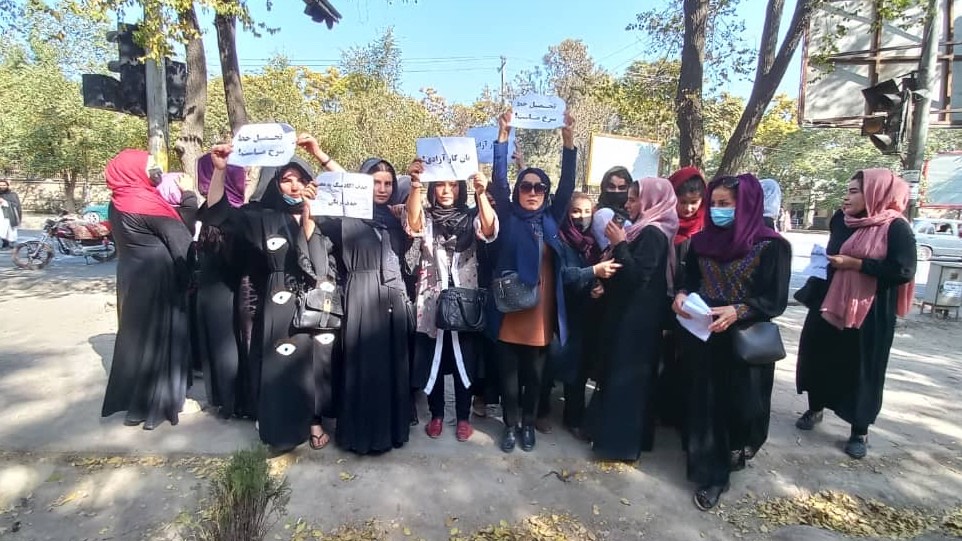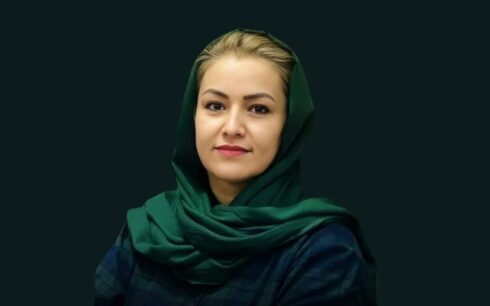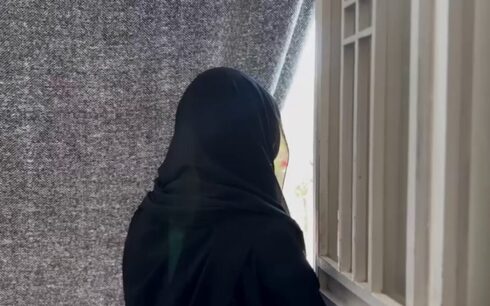The United Nations Assistance Mission in Afghanistan (UNAMA) in a statement on Thursday expressed grave concern about the recent arbitrary arrests and detentions of women and girls by the Taliban, reportedly for not adhering to their dress code.
Since Jan. 1, UNAMA has observed several campaigns in Kabul and Daikundi provinces, enforcing a hijab decree. These campaigns are conducted by the Taliban’s Ministry for the Propagation of Virtue and the Prevention of Vice, along with Taliban police forces, UNAMA said.
In Kabul, a significant number of women and girls have faced warnings and detentions. Similar actions have been reported in Nili City, Daikundi province, UNAMA added.
UNAMA said it is investigating claims of mistreatment and incommunicado detentions, noting that religious and ethnic minority communities seem to be disproportionately affected by these enforcement actions.
The organization stated, “To secure release, a male guardian is often required to sign a letter promising future compliance, under threat of punishment. Reports of demands for payments in exchange for release are also being investigated.”
Roza Otunbayeva, the Special Representative of the Secretary-General and head of UNAMA, remarked, “Physical violence used in these enforcement measures is particularly demeaning and dangerous for Afghan women and girls. The stigma of detentions poses even greater risks and undermines public trust.”
UNAMA is alarmed that the ongoing crackdown is driving women into further isolation due to fears of arbitrary arrest and fostering an environment where men feel empowered to enforce oppressive measures domestically.
The mission has addressed these concerns with the de facto authorities, including the Ministry for the Propagation of Virtue and the Prevention of Vice, demanding the immediate release of those detained.
UNAMA reminds the de facto authorities that Afghanistan, as a state, remains a party to seven major international human rights treaties. Additionally, United Nations Security Council Resolution 2681 (2023) urges the Taliban to reverse policies and practices that limit women and girls’ human rights and fundamental freedoms.





